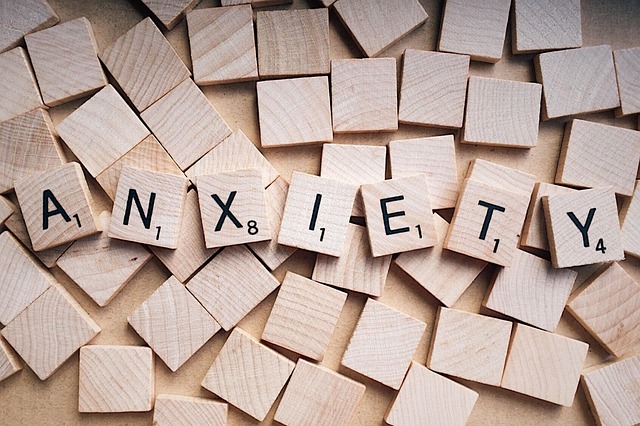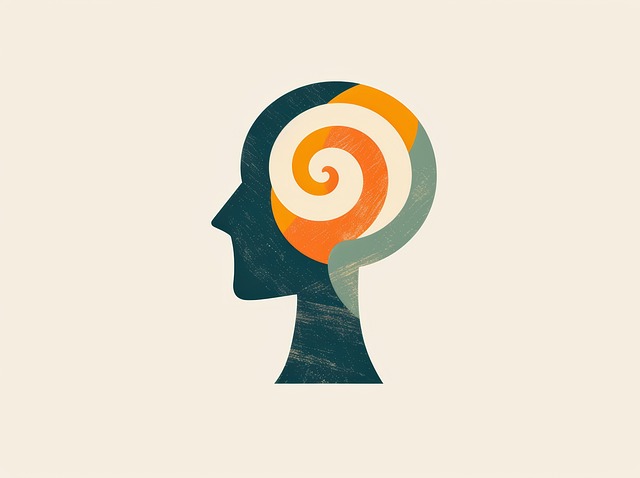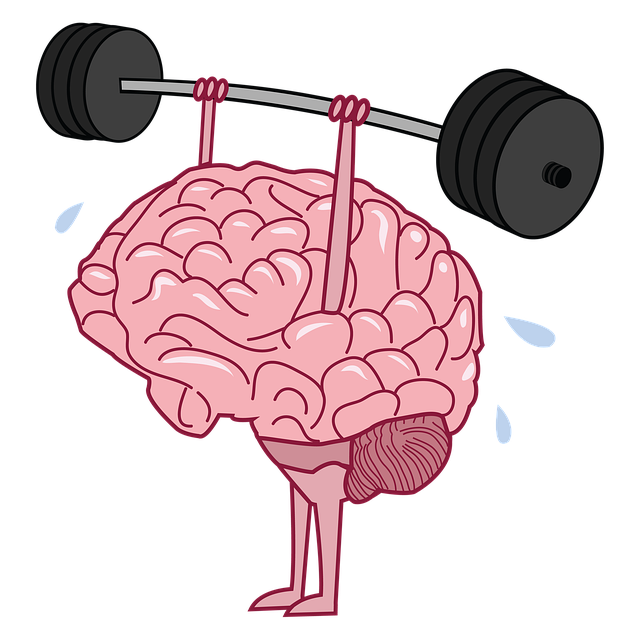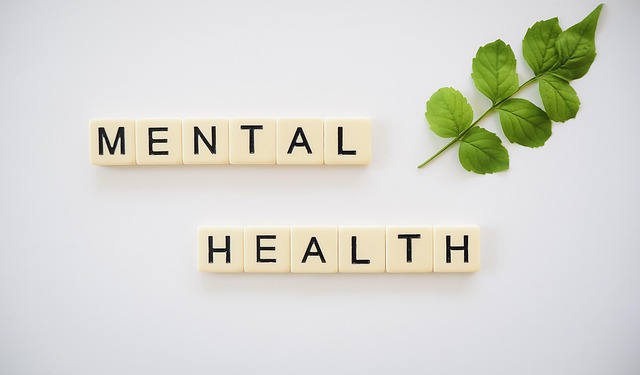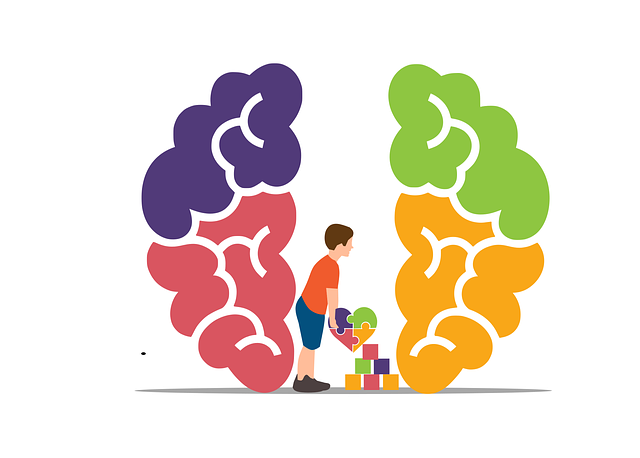Longmont Phobias Therapy highlights the significance of self-care for overall well-being, especially in stressful settings. By integrating effective self-care strategies into daily routines, individuals can combat burnout, manage moods, and reduce mental health stigma. Despite challenges posed by busy lives and phobias, Longmont Phobias Therapy offers valuable tools like mood management techniques and Stress Management Workshops to empower people, promote emotional regulation, and destigmatize mental health concerns within communities.
Self-care is an essential aspect of maintaining good mental health, yet many individuals struggle to incorporate effective practices into their daily routines. This article explores the profound impact of self-care on mental well-being and identifies common barriers that hinder its adoption. We delve into actionable strategies for enhancing self-care, highlighting the role of Longmont Phobias Therapy techniques in fostering healthy habits. By understanding these methods, you can unlock a path to improved mental health and overall well-being.
- Understanding Self-Care and Its Impact on Mental Health
- Identifying Barriers to Effective Self-Care Practices
- Strategies for Enhancing Self-Care Routines with Longmont Phobias Therapy Techniques
Understanding Self-Care and Its Impact on Mental Health

Self-care is a fundamental practice that involves intentional actions taken to improve and maintain one’s physical, mental, and emotional well-being. It is about prioritizing your overall health, not just addressing immediate needs but also fostering resilience against life’s challenges. In today’s fast-paced world, where stress and pressure are prevalent, understanding the impact of self-care on mental health cannot be overstated, especially in Longmont Phobias Therapy settings.
Effective self-care strategies can significantly reduce symptoms of burnout, a common issue among healthcare providers who often juggle demanding schedules and emotionally taxing cases. By incorporating activities that promote relaxation, stress management, and emotional balance, individuals can enhance their ability to cope with mental health challenges. This is particularly crucial in the context of Mental Illness Stigma Reduction Efforts, as self-care practices can contribute to improved mood management and overall well-being, thereby fostering a more positive perception of mental health within communities.
Identifying Barriers to Effective Self-Care Practices

Many individuals struggle with incorporating effective self-care practices into their daily routines due to various barriers. These obstacles can range from overwhelming schedules and demanding careers to deeply rooted psychological issues, such as longmont phobias or anxiety disorders. In today’s fast-paced world, where the focus is often on productivity and external achievements, prioritizing personal well-being can feel like an extra burden. This is especially true for those already dealing with mental health challenges, as managing symptoms and seeking therapy can be both time-consuming and emotionally taxing.
One significant barrier to self-care is societal expectations and cultural norms that promote constant availability and overwork. The concept of ‘burning out’ has gained significant attention in recent years, highlighting the detrimental effects of chronic stress and lack of self-nurturing. To address these challenges, public awareness campaigns development centered around burnout prevention can be transformative. By normalizing conversations about mental health and self-care practices, communities can foster a culture that values rest, relaxation, and seeking professional support when needed, such as Longmont phobias therapy.
Strategies for Enhancing Self-Care Routines with Longmont Phobias Therapy Techniques

Many individuals struggle with maintaining consistent self-care routines due to various challenges, including phobias. Longmont Phobias Therapy offers powerful strategies to overcome these fears and improve overall well-being. Through specialized techniques, therapy helps individuals identify and confront their phobias, leading to significant positive changes in self-care practices.
One effective approach is integrating mood management techniques into daily routines. By learning to regulate emotions, individuals can better cope with stress and anxiety, fostering a sense of calm and control. Additionally, participating in Stress Management Workshops organized by mental health advocates or community centers can equip people with valuable tools for stress reduction. Public Awareness Campaigns development focused on destigmatizing mental health issues can also encourage more open conversations about self-care, ultimately enhancing the overall well-being of individuals and communities.
Self-care is a powerful tool for improving mental health, and by identifying personal barriers, we can enhance our well-being. The article has explored these concepts through understanding self-care’s impact, recognizing obstacles, and introducing effective strategies using Longmont Phobias Therapy techniques. By integrating these practices into daily routines, individuals can improve their overall mental wellness and lead more fulfilling lives.
